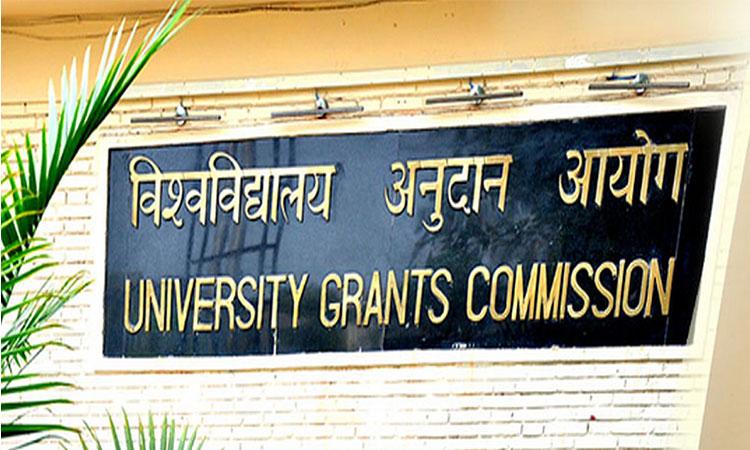The University Grants Commission (UGC) is in the process of introducing regulations for foreign universities to establish campuses in India, a move that stands to benefit top students who may not be able to study abroad due to financial constraints.
The establishment of foreign university campuses in India is expected to significantly reduce tuition fees and offer merit-based scholarships to students facing financial challenges. Several prestigious universities from the US, Australia, France, and England, including Oxford University, Melbourne University, Queensland University, Texas University, St. Petersburg University, and Instituto Marangoni, have expressed their interest in setting up campuses in the country.
These foreign universities have proposed the concept of cluster colleges, which would facilitate collaboration and academic exchanges.
The UGC has received over 200 suggestions from Indian and foreign stakeholders in this regard. According to education experts, the establishment of foreign university campuses in India is likely to enhance the quality of higher education, stimulate healthy competition, promote research and innovation, and create additional employment opportunities.
The UGC has prepared a proposal that allows foreign universities to set up campuses in collaboration with Indian universities and offer degrees. Each year, a significant number of Indian students go abroad for higher education. With foreign universities establishing campuses in India, students will have the opportunity to access world-class education at more affordable rates within the country.
Furthermore, the UGC believes that the presence of foreign university campuses in India will boost research initiatives and degree programs. Many Indian professors and researchers are already engaged in joint research projects with foreign universities, and this collaboration is expected to increase with the advent of foreign campuses in India.
Notably, foreign universities setting up campuses in India will not receive grants from the state or central governments. They will also maintain autonomy in their admission process and fee structures, with a requirement for transparency in these matters. Despite this autonomy, it is expected that the fees for students in India will be considerably lower compared to studying abroad, making high-quality education more accessible to a broader section of the population.
(With Agency Inputs)


















